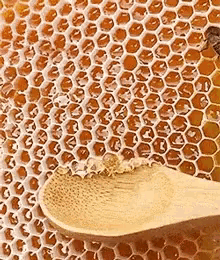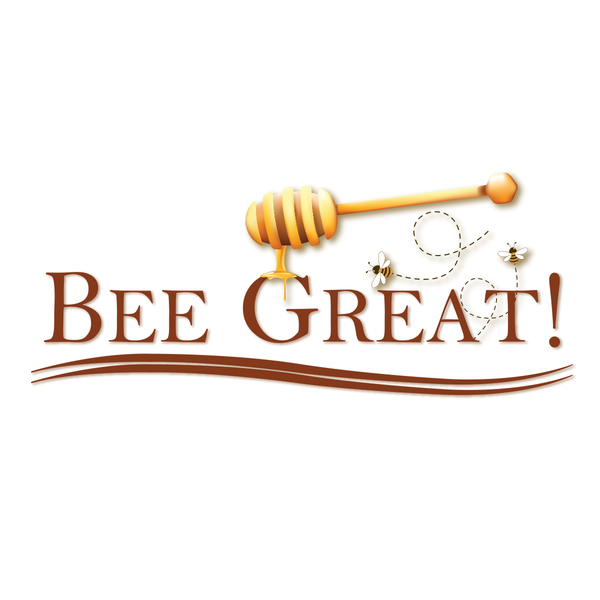
Benefits of Raw Honey
David MullinsShare
Honeybees are dying around the world, and they contribute over $20 billion to U.S. crop production. Most experts believe the recent decline in honey bees is caused by four changes in their environment. First, there is far less habitat of wildflowers for honey bees to forage on due to urban growth. Second, commercial herbicides used to spray roadsides, under utility lines, along railroad tracks, and on crops have – by design - decimated the wildflower population. Couple that with increased residential use of weed killers to inhibit dandelions and other early spring nutrient sources for honey bees as part of lawncare and landscaping weed control, and it’s easy to see why the natural foraging sources available to honey bees are disappearing – it’s intentional. Third, the herbicides themselves are brought into the hives by field bees as they return with pollen and nectar for the hive. Herbicides accumulate in the beeswax which is one of the reasons beekeepers are encouraged to replace frames in the hive every 5 years on a rotating basis. Finally, most countries – with Australia being a noted exception for their complete lack of varroa mites - have witnessed a significant increase in varroa mite infestation and disease due to the damage caused to bees by the mites sucking blood from honey bee larvae. The European Union has banned herbicides detrimental to honey bees and countries like Slovenia – which has the highest rate of beekeepers based on population in the world – has even provided free organic mite treatment supplies to its beekeepers.
Beyond the economic impact of honey bees, the naturally occurring components of their beehives are extremely beneficial to humans. Local, raw, unfiltered honey contains pollen, nectar, bee bread, propolis, royal jelly, and small pieces of beeswax containing fragments of cocoon residual. The bees bring pollen into the hives on their legs as they forage for nectar, which they dehydrate into honey. They mix the pollen – which provides bees with protein - and nectar into bee bread, which they use to feed the larva. Propolis is a type of glue the bees produce to hold the hive together and to secure the structures they build of wax against vibrations caused by the elements. Royal jelly is a milky secretion the nurse bees produce to feed larva that will eventually become queen bees. Each of these hive products contains compounds known to be allergens that contribute to seasonal allergies in humans. By consuming raw honey, the body becomes acclimated to these allergens, thus reducing the allergic responses of the body. Regularly consuming local, raw honey means less seasonal allergies. Additionally, the natural germicidal properties of honey help inhibit disease causing bacteria. Consuming local, raw honey soothes sore throats, reduces coughs, and kills bacteria associated with the common cold. These benefits are not found in mass produced honeys because they are filtered and heated in the commercial process of bottling. This process also destroys the beneficial enzymes in honey, and the honey loses taste and aroma that gives local honey its unique flavor based on seasonal wildflower growth and location of the hives. Shop local, support local farmers, and enjoy the natural benefits of local honey. If you have questions or comments, or if you’d like to order local honey, go to BeeGreatLocal.com or call 260-229-8356.
